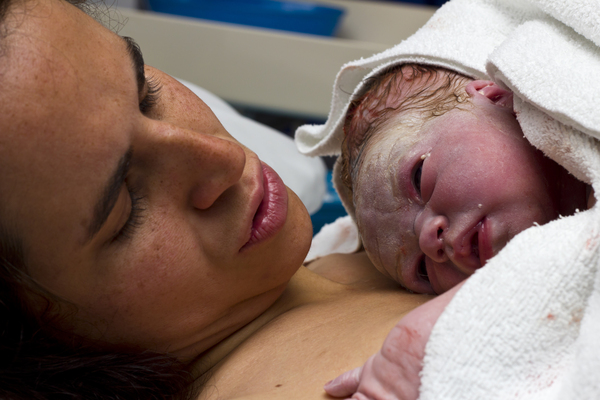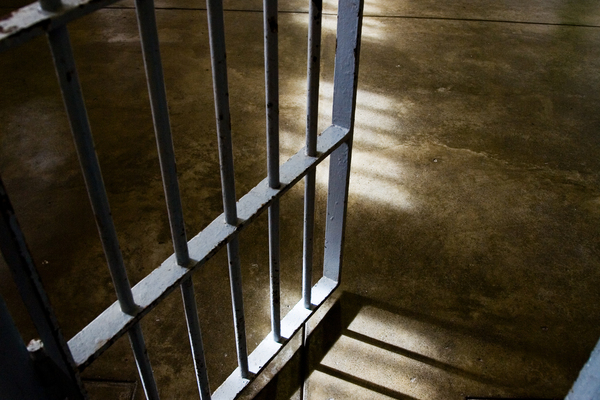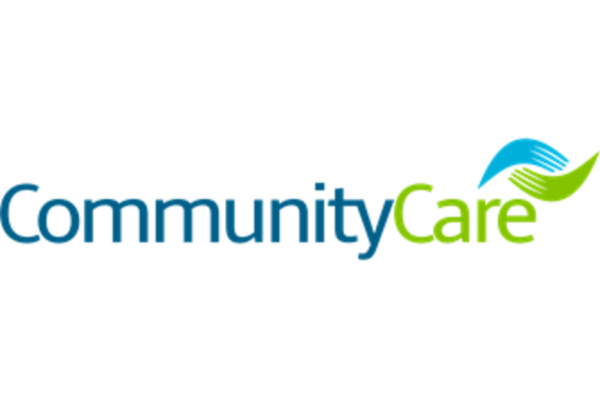Why the cost of living crisis is a reproductive justice issue
Naomi Delap
Director, Birth Companions
The cost of living is spiralling, austerity 2.0 looms, and the picture for mothers and children whose social and economic circumstances put them at the highest risk of mental and physical ill-health grows bleaker by the day. Last week, the latest perinatal mortality report showed us that babies of Black African ethnicity living in deprived areas are twice as likely to be stillborn than white babies from the least deprived areas. Black mothers, Asian mothers, those living in deprived areas, those known to social services, and those experiencing multiple disadvantage are more likely to die in pregnancy, labour, or the year after birth. Unsafe maternity staffing levels pose “unacceptably high levels of risk”, Health Visitor numbers have fallen by at least 30% since 2015 and are still falling, mental health services are overwhelmed, and family support services have given way to a steep rise in late stage, crisis-level interventions from the children’s social care system.
The government’s failure to publish the long-awaited Health Disparities White Paper, which many hoped would represent a turning point, has deepened the sense of despair amongst those committed to tackling this emergency. Without it, individual sectors and services are left to do what they can to tackle the impact of huge, interconnected social and political issues in silos. The Maternity Disparities Taskforce, for instance, will no doubt do its best to improve the outcomes of mothers who experience deprivation and structural racism. But we know the roots of the social determinants of health are deep, tangled, and impossible to understand by looking at the ground immediately under our feet. Another approach is needed; a rights-based lens through which to understand the inequalities affecting women’s reproductive rights in all their complexity. And in response, a coordinated effort to create ambitious solutions that deliver justice.
Reproductive Justice is not a concept that is widely understood in the UK, but it should be. Established by women of colour in the United States, Reproductive Justice is a feminist framework through which to move reproductive rights beyond legal and political debates, to include the social, environmental and economic factors that impact on women’s reproductive choices. Reproductive Justice is centred around four fundamental principles: the right to bodily autonomy; the right not to have a child; the right to have a child; and the right to parent children in safe and healthy environments. Every woman in our society should have equal access to these rights, but it is painfully clear that this is not the case.
The staffing issues in our maternity services are impacting disadvantaged women’s rights to have a child in safety and with control over their own bodily autonomy. The rise in food and energy costs and the housing crisis will impact most severely on poorer women’s ability to raise their children in a safe and healthy environment. Our crumbling prison system is an unsafe and inappropriate environment for pregnant and birthing women, and mothers of infants, at the best of times; now, staffing shortages mean some women are locked up for more than 23 hours a day, unable to access therapeutic programmes, have contact visits with their families, or meet with their social workers. And local authorities operating under huge budgetary pressure are increasingly removing children from their mothers for reasons rooted in poverty, domestic abuse, and trauma. This is reproductive injustice writ large.
We know that low incomes, poor housing, poor air quality, poor education, exposure to racism, violence, trauma and adversity all have an impact on health. But we don’t fully understand the complex links between these issues and experiences and people’s mental and physical health outcomes. We don’t collect the right data in the right ways. We don’t privilege the views and the experiences of those who are most affected. And the reason we don’t seek to understand these things better through numbers and voices is quite simply because some women, mothers and babies are not valued as highly as others. Some are not valued at all. A cursory assessment of the way the hostile environment affects pregnant women seeking asylum shows us this, with already destitute women being charged thousands of pounds for accessing maternity care in order to safely birth their babies.
Until we accept that the structures and practices of our society attach greater value to the rights of some pregnant women, mothers and their children than others, we cannot hope to start to narrow the inequalities in health outcomes. Without a huge effort to disrupt them, cycles of disadvantage will continue unbroken across generations. That effort needs to be based on the reality, the complexity, and the basic universal value of those lives.
Commitment, compassion and strong leadership from government is required to embed health equity in all policies, and end the onus on individuals to prevent or address the ill-health caused by the social and economic contexts in which they are forced to live. Many aspects of our maternity, social care, criminal justice and immigration systems currently expose women and mothers to huge risk, reinforce stigma and judgement, entrench power imbalances, and reproduce and perpetuate injustice. We need to understand the adversity, the trauma, and the racism that so many girls and women carry with them throughout their lives. We need to radically change our systems so they recognise, mitigate and directly tackle these experiences. We need to do better.





